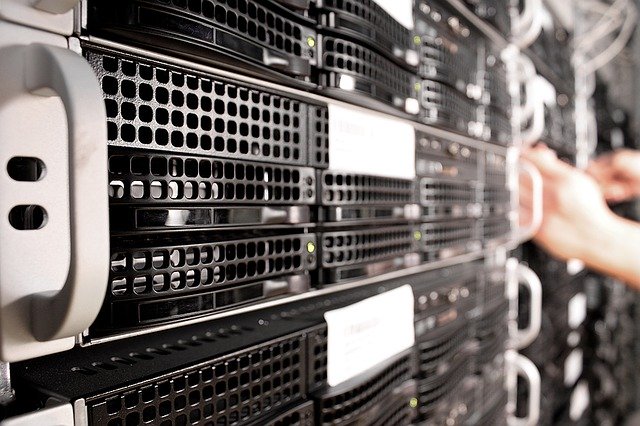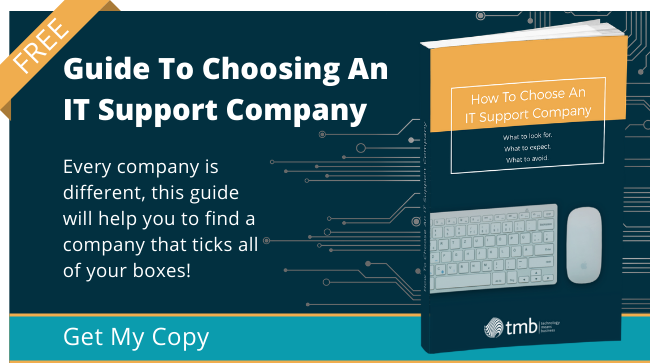How To Choose The Right Company For Backup & Disaster Recovery Services
Businesses process huge quantities of digital data every day and the threat of data loss is a live one. 64% of data losses are caused by hard disk drive crashes or system failures. Other threats include malware attacks and viruses, sometimes introduced through human error.
Additional risks to data include unexpected events in the external environment, like fire or flood. It’s a necessity that businesses protect their data assets using backup and disaster recovery solutions. Without a disaster recovery plan to protect continuity should the worst happen, a business is vulnerable. Due to the negative impact of data loss, many companies choose to outsource their backup and disaster recovery to specialist services.
Backup and disaster recovery service providers offer their clients a range of benefits. When outsourcing to another company, it’s important to know the key features to look out for. This helps compare the offer across a range of service providers, before committing to a contract.
Cost-effectiveness
The price of disaster recovery services depend on the size and nature of the business, as well as the service level. To manage cash flow, SMEs may choose a disaster recovery service that offers the facility to pay in affordable monthly instalments. Whether paying annually or in instalments, treat the cost as vital insurance for business continuity. Bear in mind that nine out of ten businesses that suffer major and prolonged data loss, collapse.
To make sure the package is the right one for the business you should set an RTO or Recovery Time Objective. This is the length of time business operations can be offline while systems are restored. Also set an RPO, or Recovery Point Objective, which is the backup from which the data is restored. The optimum system will have a short RTO and a very recent RPO. Every company’s tolerance for being offline will be slightly different and should be considered, as the RPO and RTO expectations will be major factors driving cost.
Cloud Backup
Disaster recovery services guarantee the restoration of data. Don't confuse this service with the backup process, which makes a historical copy of your data at fixed points. Look for cloud backup as part of the package. It provides a further level of security if systems are compromised on site. The service should also provide access to your local Backup and Disaster Recovery server (BRD) whenever needed.
Data Recovery
The speed with which your provider recovers data after a server failure or other incident is business-critical. It’s crucial that the service provider can restore your data quickly. For some businesses that may mean in minutes not hours. It’s also vital that the service offered covers 24 hours a day, 365 days a year. This will reduce outage time and minimise the loss of revenue and reputation.
Next Steps
To find out more about our managed backup and disaster recovery services, please call 0333 900 9050, or click here to request a quote.
Image source: Pixabay



